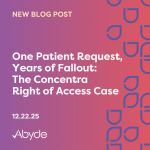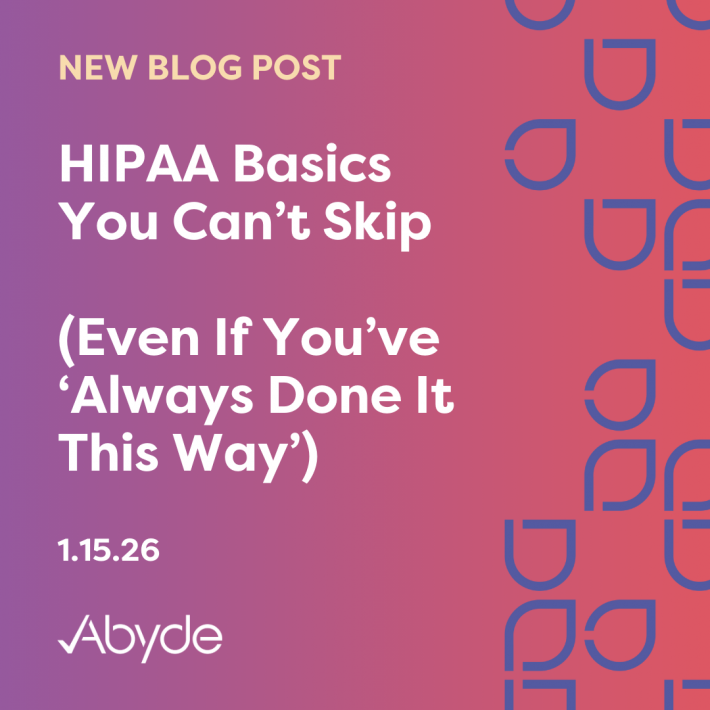April 8, 2020
The Office for Civil Rights (OCR) has been very active this past month, going above and beyond to help mitigate the risk COVID-19 poses to public health privacy. Certain HIPAA regulations were updated in March to allow for health care practices to better work with patients in need of healthcare services as well as providing guidance on how to best disclose PHI without risk of a data breach. In their latest announcement, the Office for Civil Rights has extended the same enforcement discretion to Business Associates.
When it comes to Business Associates handling PHI, there are obviously strict limitations to follow for the sake of still maintaining patient privacy. As clearly stated in the recent OCR bulletin, business associates are expected to follow the same guidance provided for health care providers when accessing or disclosing PHI during a public health emergency.
Previously, these disclosure permissions were only allowed if expressly stated within the Business Associate Agreement with the BA’s covered entity. In light of the current situation, there is a greater need to easily provide public health authorities and emergency operation centers with access to COVID-19 related PHI and this bulletin reinforces the Business Associates’ ability to share that information securely. Violations of certain provisions of the HIPAA Privacy Rule will not be imposed during this time, if and only if:
- The business associate discloses PHI for good faith uses in certain public health activities or to health oversight agencies (hint, hint the guidance we mentioned above)
- The business associate must inform the healthcare provider within 10 days after the use or disclosure of PHI
While this notice provides business associates with greater flexibility than some Business Associate Agreements allow for, that doesn’t mean that BAAs no longer matter. It should be noted the relaxation of enforcement does not extend to any other requirements under HIPAA law, and business associates will still be held liable for any violations outside of this circumstance – provided of course a BAA is in place.
As a reminder, a Business Associate Agreement allows the covered entity to obtain “satisfactory assurances” that the business associate will “appropriately safeguard the protected health information it receives or creates on behalf of the covered entity.” This definition, straight from the HHS website, encompasses the need for BA’s to agree in writing to the same standards the covered entity is held to. A BAA must be completed with any vendor or organization the practice sends or receives any piece of PHI from. Without a proper agreement in place, the liability of this security breach will fall on the healthcare provider.
Contrary to what most might think, HIPAA really is here to help encourage providing access to and sharing of PHI as long as it is done in the right ways and for the right reasons. OCR Director Roger Severino makes this abundantly clear in his statement following the updated bulletin stating, “Granting HIPAA business associates greater freedom to cooperate and exchange information with public health and oversight agencies can help flatten the curve and potentially save lives.”
This latest bulletin is just additional proof that HIPAA compliance is of the utmost importance during the COVID-19 public health emergency. All eyes right now are on data being shared between multiple government agencies like the HHS, CDC and even the White House. With secure and efficient access to real-time data, those organizations will be enabled to make educated decisions on how to best interpret and utilize the sensitive data received and, in turn, secure the well being of the public at large. We find it extremely comforting to know that by following the OCR’s recent HIPAA guidance, providers and business associates alike can play their part in stopping the spread of COVID-19.





